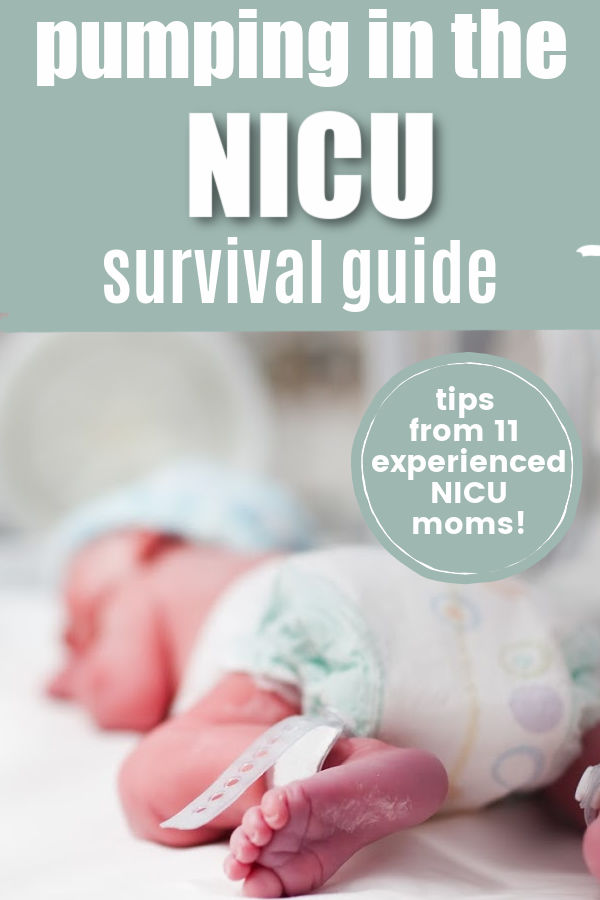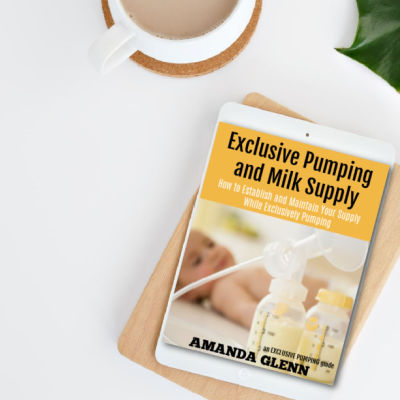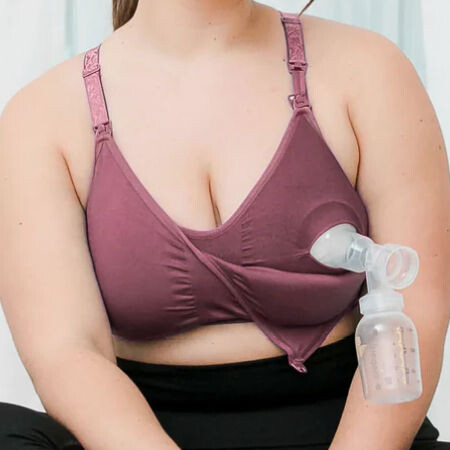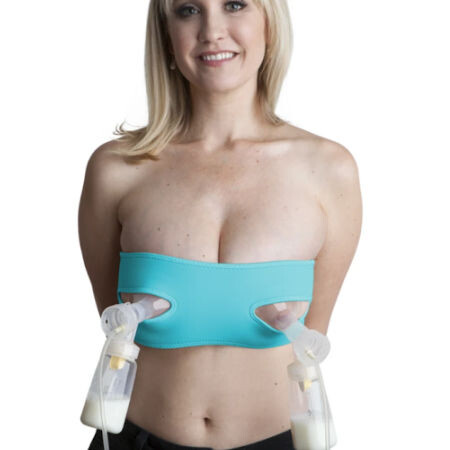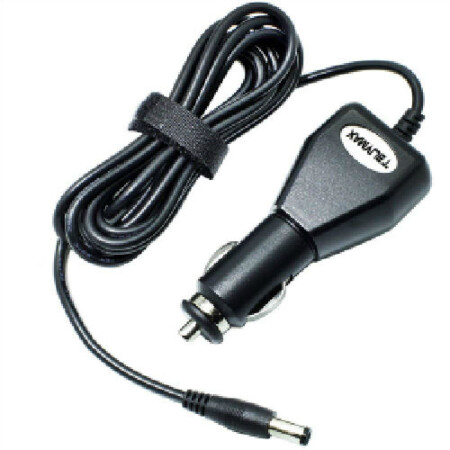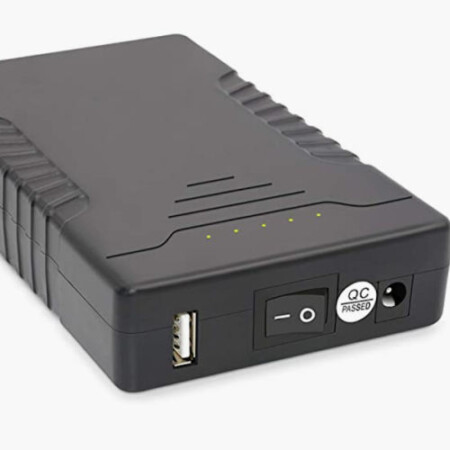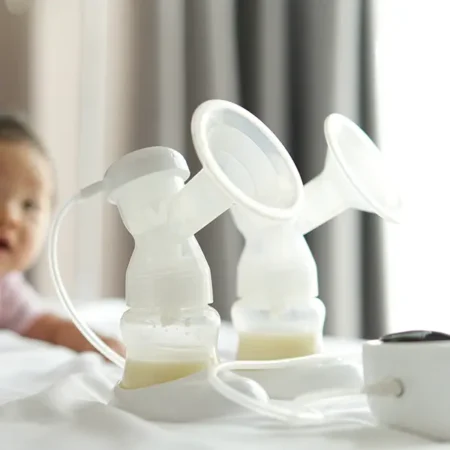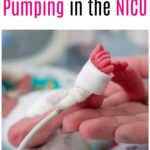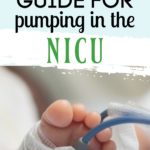Because many babies in the NICU aren’t able to nurse, their mothers often start off exclusively pumping. This can be stressful and challenging, particularly if you weren’t expecting your baby to be in the NICU. This guide is intended to help new moms quickly learn how to make pumping in the NICU as easy and manageable as possible.

This post may contain affiliate links, which means if you click a link and purchase something, I may make a small commission at no additional cost to you. I only recommend products I love! More information here.
To write this article, I asked current and former NICU moms what they would have wanted someone to tell them on their first day in the NICU. Nine of them took the time to tell me about their experiences in-depth and give me tips for other new moms who are in the position that they were in.
Exclusively pumping for a preemie in the NICU
Here are some tips for managing exclusive pumping when your baby is in the NICU.
Establishing your milk supply in the NICU
After your baby is born, you’ll want to get set up with a pump at the hospital as soon as you can. (Of course, this depends on your recovery and when you get the go-ahead from your doctor to start pumping.)
Your pumping schedule
In most cases, moms of newborns pump about every 3 hours to establish supply, or about 8 times total per day. This includes pumping overnight, though some moms choose to go slightly longer stretches at night and then slightly shorter ones during the day.
You can download some sample pumping schedules for exclusive pumpers here.
Try to make sure that you’re pumping for at least 120 minutes total per day.
When will your milk come in?
It will take a few days for your milk to come in, and it’s completely normal to only pump a few drops in the beginning.
Try not to get discouraged, and keep pumping – the nipple stimulation now will help your milk supply later.
You may also want to try hand expression or a silicone pump to get colostrum; for some women it works better than pumping.
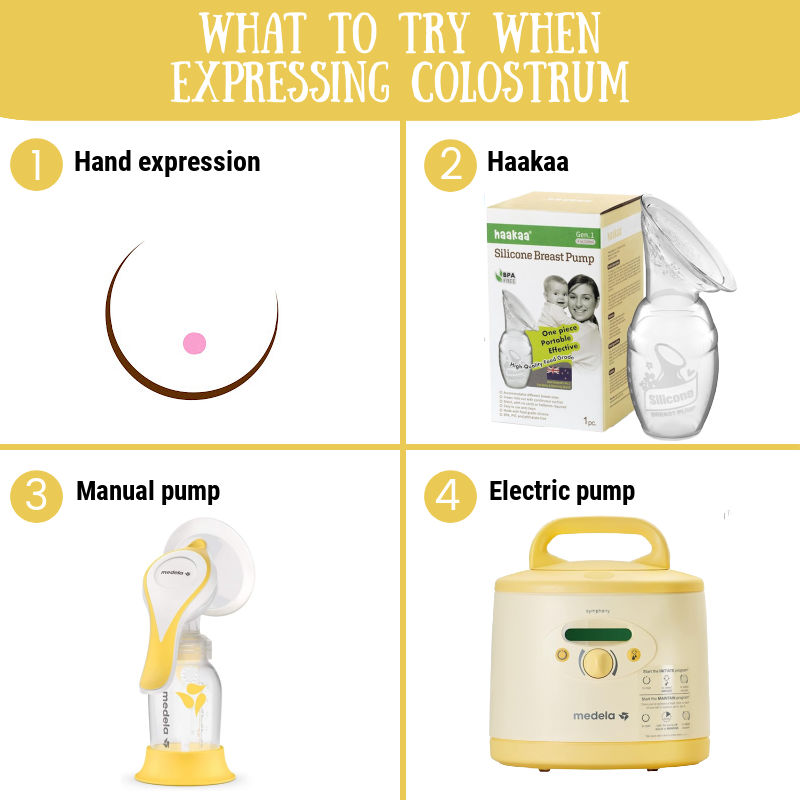
If your baby is able to do kangaroo care or skin-to-skin, this can help you establish your supply, especially if your baby tries to nurse.
Take care of yourself
This is a tough time, and you’re under a lot of stress. But try to eat, sleep, and drink water when possible – take care of yourself so that you can take care of your baby.
To do this, keep healthy snacks and water on hand at the hospital, and make a plan for pumping so that you can get at least one decent stretch of sleep.
More info on exclusively pumping for a newborn here.
Need help with exclusive pumping? Use EPUMP30 for 30% off
Managing your milk in the NICU
In most cases, your hospital will keep the milk that you pump while you’re there. It’s a good idea to familiarize yourself early on with breast milk standards for your hospital – for example, how the milk needs to be labeled, how long they’ll keep it, and any rules around how they want you to wash and sterilize your breast pump parts and bottles.
Additionally, find out whether you should bring in milk that you pump at home, and if they have any guidelines about how you should transport it (particularly if it is a longer drive).
Consider the best storage method
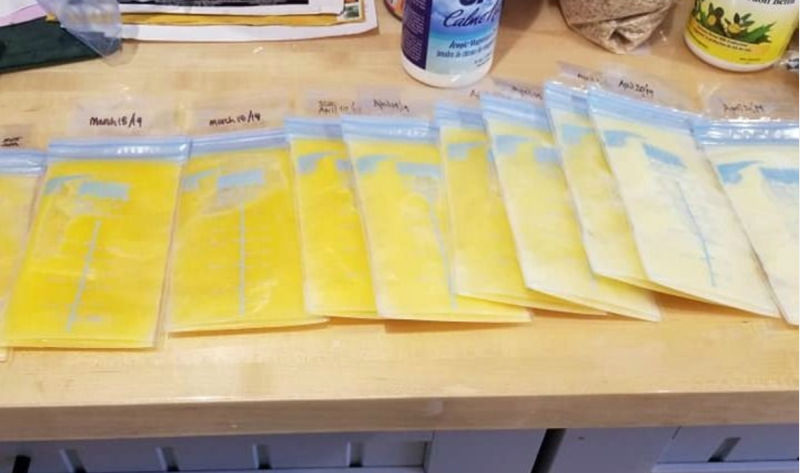
Once your milk comes in, in many cases, you’ll be making much more breast milk than your baby needs.
Freezing breast milk in the hospital’s bottles (versus breast milk bags) takes up more space, so consider whether it makes sense to use breast milk bags so that you have more space in your freezer when you take it home.
Consider a pumping app
A few NICU moms recommended using a pumping app to keep track of how much milk you’re pumping and where your milk stash is (hospital, home freezer, your mom’s freezer, etc.).
Baby apps can also help you track your baby’s feedings and sleep – the specific apps that were recommended were Baby Tracker and Pump Log.
Washing pump parts and bottles
Several of the NICU moms that I talked to mentioned that their partner took charge of washing all of the bottles and pump parts early on.
If this is possible for you, this is a great way to divide the labor – since you’re obviously the only one who can pump – and help them be involved in feeding the baby.
Feeding your baby in the NICU
Quite a few women mentioned that in addition to their own pumped milk, their babies got donor milk while they were in the NICU (usually, before their own milk came in). Using donor milk can give you peace of mind that your baby is being fed while you work on establishing your supply.
Another thing to be prepared for is for your baby to be given formula – either on its own or to fortify your breast milk – depending on the hospital’s policies and your baby’s needs.
If your baby is on a feeding schedule and you’re able to help with feeding, plan your pump times so that they are just before or just after feedings. That way, you’re able to change diapers and help feed your baby.
Other tips when you have a baby in the NICU
The moms that I reached out to had additional advice about how to manage having a baby in the NICU, aside from pumping. Here what they had to say.
Doctors and nurses
Several parents suggested trying to be at the hospital for rounds each day, so that you can hear the plan for your baby straight from the source and ask questions.
Becca, a two-time NICU mom, had this advice:
You are your child’s best advocate. You already know your child better than anyone else, and you need to be ‘that’ parent. Ask questions, write stuff down or have someone write stuff down for you, and ask more questions when you don’t understand the answers. Don’t accept a caregiver’s treatment of you or your child if they aren’t actively working with you in a kind or compassionate way. If you don’t like the nurse, speak to the charge nurse. If you don’t like the doctor, seek out others or second opinions. Fight for your child.
Additionally, J. said:
Ask for help often. Sometimes I felt like I didn’t want to bother the nurses, but I had to realize that they are there to help you. Ask questions often about what they are doing and why.
Visitors and the NICU
Some of the moms that I talked to said to encourage visitors, others said to limit them. It’s important to think about what’s best for YOU. Do visitors drain you, or do they help distract you and get you through hard times? And are certain visitors more helpful than others?
If you need to set boundaries, try not to feel guilty. You are going through a difficult time, and other people should do what you need them to do, not what they want to do.
Emotions about being in the NICU
Having a new baby in the NICU is very difficult, and it may put you at a higher risk of post-partum depression. Some moms described their emotions about having a baby in the NICU as follows:
I never thought I would be a NICU mama. It can happen to anyone and it’s not fair. I was filled with so many emotions – anger, frustration, sadness, disappointment, and mostly fear consumed me. … Time and time again I would cry during pumping sessions because I wanted to give up so badly. Having to take frozen milk up to a baby that I wasn’t even allowed to hold was hard, I felt like a failure because he couldn’t come home. – LeAnna
Leaving your baby there after you get discharged is the hardest. That first night especially was really difficult for me. Someone gave us a bear for each of our boys to have at home to snuggle with us and it was such a thoughtful gift since leaving them there is so so hard. – Kelly
Back on Day 1 I wish I could tell myself that it’s going to be okay. And that this isn’t my fault. Or anyone’s fault. It just happens. I struggled really badly with depression after he was born. So I wish I could tell my past self that it’s okay to ask for help. – Sandra
It’s okay to adjust your goals. NICU babies add additional challenges. My original goal was to nurse for at least a year, then I had to switch to pumping and set my goal at 3 months and then 6. Now I’m at 10 and think I can make it to a year. I always reminded myself to never quit on a bad day, and there have been some really bad days. This wasn’t the path I would have chosen, but it’s the one I was given and I was choosing to exclusively pump because it’s what I felt was best. – Rachel
Also, take advantage of any resources you can get from your hospital and social worker, and don’t be afraid to seek counseling.
Helpful stuff for pumping in the NICU
When your baby is a newborn, you’ll be pumping around 7-12 times a day, and it’s important to stick to a pumping schedule and get your sessions in so that you can establish your milk supply.
The items listed below were what the NICU moms said were most helpful to them in making this easier.
1. Breast pump
While you’re at the hospital, you’ll most likely have access to a hospital grade breast pump. It’s a good idea to also get a quality, double electric pump for home as soon as possible, so that you can easily pump for your baby overnight or other times when you’re not at the hospital.
(Not sure how to use your pump? Here’s a complete beginner’s guide.)
2. Hands-free pumping bra
Getting a hands-free pumping bra allows you do other things while you pump, like eat or drink, use a computer, read on your phone, etc.
Hands-Free Pumping Bras
It also makes it easier for you do to breast compressions while you pump, which can help you pump more milk.
3. Nursing cover
If you prefer to pump near your baby, a nursing cover is a good idea if pumping in front of other people makes you feel uncomfortable.
Doctors, nurses, therapists, social workers, etc., will be walking into your baby’s area, and this way you don’t need to stop pumping when this happens.
4. Car adapter
If you’re driving driving back and forth to the hospital, getting a car adapter can be a great way to get pumping sessions in during the trip (especially if it’s a longer drive).
Breast Pump Battery Packs
5. Extra sets of pump parts and bottles
Most of the exclusive pumpers I talked to recommended getting a lot of extra sets of pump parts, particularly if you need to sterilize them after each use when pumping for your preemie.
6. Wash basins
A few exclusive pumpers said that they kept their pump parts in wash basins.
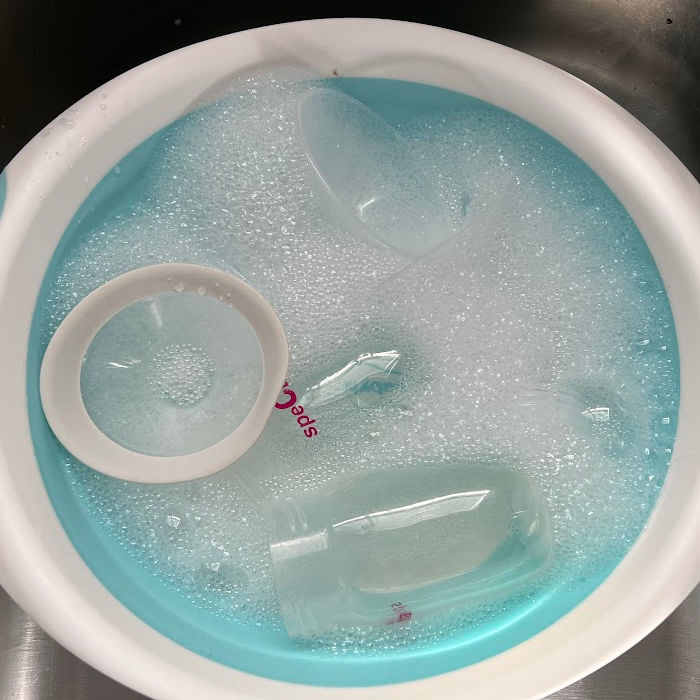
They would bring in enough for the day, use a set, rinse it off and put it in the basin, and then bring it home for washing. Others said that they washed their pump parts in the hospital and air dried their pump parts on a paper towel in the wash basin.
(Note: The CDC recommends that everyone wash their pump parts in a wash basin. More on this here.)
7. Bottle brush and dish soap
If you decide to wash your pump parts at the hospital, keep a bottle brush and small container of dish soap there or in the bag you bring with you.
8. Sterilizing bags
Medela microwave sterilizing bags are very convenient for sterilizing pump parts and bottles when you’re not home (but have access to a microwave).
Are you a current or former NICU mom with additional advice about pumping in the NICU? Please add it below in the comments for new NICU moms to benefit from!
References
- Hand to Hold. “Nourishing Your Premature Baby in the NICU.” https://handtohold.org/nourishing-premature-baby-nicu/
- Motherlove. “the magic of skin-to-skin on breastfeeding.” https://www.motherlove.com/blog/view/the-magic-of-skin-to-skin-on-breastfeeding
